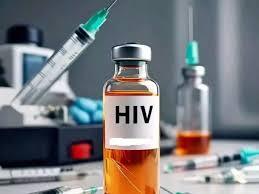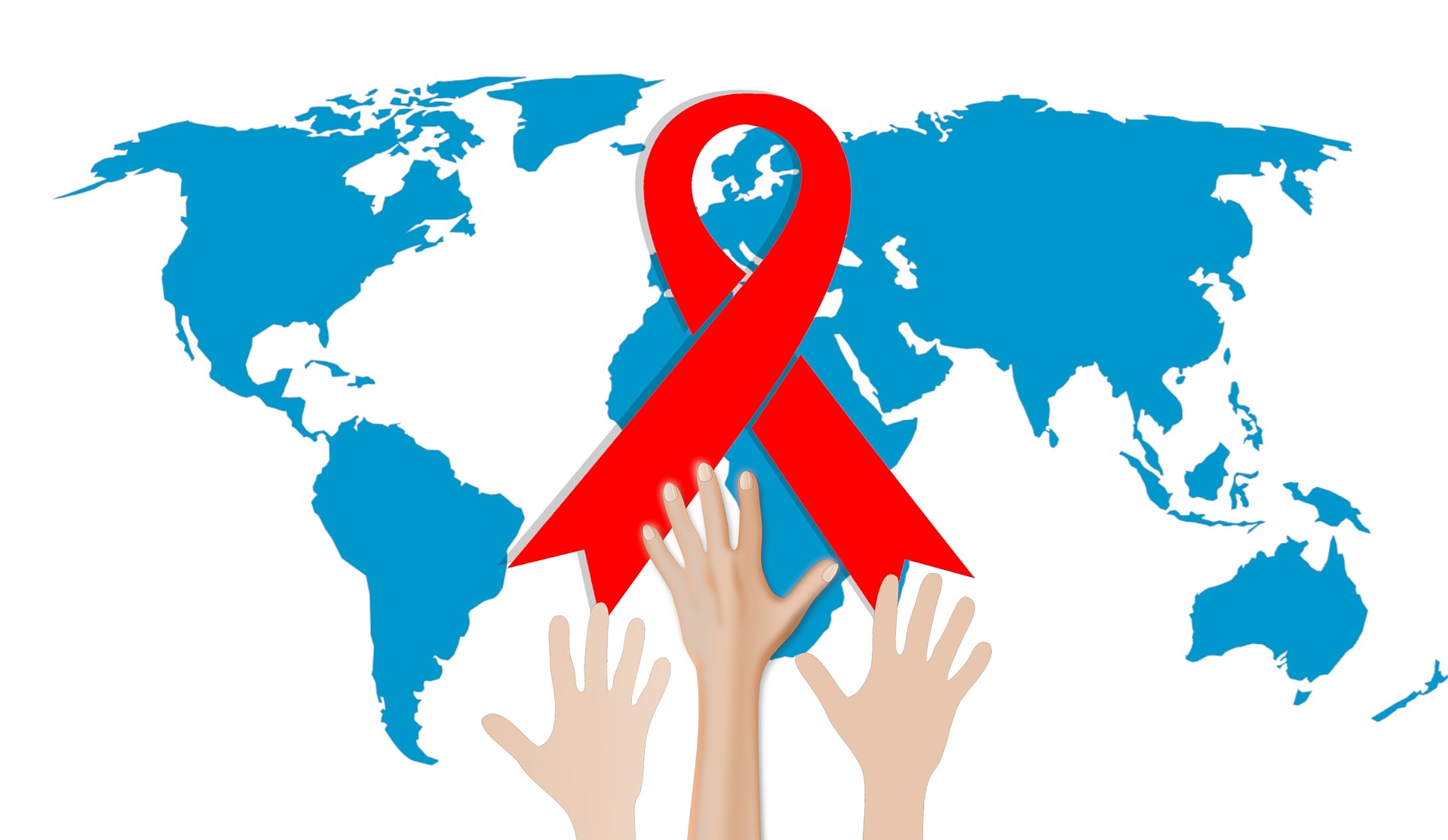The following is a roundup of some of the most recent scientific studies on the novel coronavirus and efforts to seek out treatments and vaccines for Covid-19.
Covid-19 antibodies can last a minimum of three months after an individual becomes infected with the virus, according to a study published in Science Immunology.
Researchers from the University of Toronto and the Lunenfeld-Tanenbaum Research Institute at Sinai Health used both saliva and blood samples of nearly 750 patients to compare antibody levels for over three months post-symptom onset
They found that these antibodies can also be detected in the saliva. The study also shows IgG class that bind to the SARS-CoV-2 spike protein are detectable for at least 115 days.
“Our study shows that IgG antibodies against the spike protein of the virus are relatively durable in both blood and saliva,” said Jennifer Gommerman, professor of immunology in U of T’s Temerty Faculty of Medicine and leader of the saliva testing effort.
Researchers found IgG antibodies with two targets – a spike protein on the virus that helps it infect cells, and an area of the spike called the receptor binding domain (RBD) – lasted more than 100 days.
While the protective effect of Covid-19 antibodies isn’t completely clear, Jen Gommerman of the University of Toronto, coauthor of the study, said her team also found levels of so-called neutralizing antibodies, which inactivate the virus, “appeared to be very stable.”
The other study, from Harvard medical school, reported similar findings. This means that a properly designed vaccine “should elicit a durable antibody response that has the potential to neutralize the virus,” Gommerman said. Her group also found that antibodies in saliva correlated with antibodies in blood, but at now the saliva tests aren’t sensitive enough to interchange blood tests.
Covid-19 symptoms linger for months for many
Three months after becoming ill, many Covid-19 patients still have symptoms, two studies confirm, and also the more severe the initial infections, the higher the chances of persistent problems.
In Spain, doctors found that 108 patients, including 44 who had been severely ill still reported after-effects, with 40% reporting three or more coronavirus-related health issues even after 12 weeks diagnosis.
The most common complaints were shortness of breath, physical weakness, cough, chest pain, palpitations, and psychological and cognitive disorders.
In a similar study of 233 U.S. Covid-19 patients – eight of whom had been severely ill – one in four still had symptoms 90 days after first feeling ill. Rates were higher for patients who had been sicker: 59.4% at 30 days and 40.6% at 90 days. “But even for very mild and initially asymptomatic cases, 14.3% have complications persist for 30 days or longer,” the authors reported.
Remdesivir cut Covid-19 recovery time by 5 days
Final data from a large study of Gilead Sciences Inc’s antiviral drug remdesivir showed the treatment cut Covid-19 recovery time by five days among hospitalized patients, one day faster than preliminary data had indicated, researchers reported in The New England Journal of Medicine.
The 1,062-patient study compared up to up to 10 days of therapy with remdesivir – now sold in some markets as Veklury – to a placebo. The average recovery time was 10 days among those who got the Gilead drug versus 15 days in the placebo group.
Among patients requiring oxygen at the beginning , those taking remdesivir continued to need oxygen for an average of 13 days, compared to 21 days for patients who got a placebo.
In a separate analysis looking just at patients who received oxygen, the drug seemed to reduce the danger of death over subsequent month by 70%.
“We now have data suggesting that giving remdesivir to patients on oxygen may significantly reduce their chances of death compared to other subgroups,” Dr. Andre Kalil, an infectious disease expert at the University of Nebraska Medical Center and the study’s lead investigator, said in a news release.











